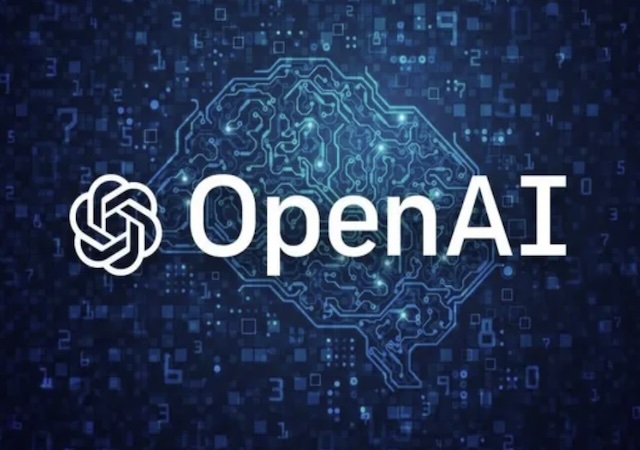November 23rd, 2024
OpenAI
OpenAI has been at the forefront of AI innovation, consistently introducing tools that redefine the way we interact with technology. The latest addition to its arsenal, the OpenAI AI Browser, is no exception. Designed to seamlessly integrate artificial intelligence with everyday browsing, this tool promises to elevate the user experience, offering speed, accuracy, and intelligent insights.
What is the OpenAI AI Browser?
The OpenAI AI Browser is an advanced browsing tool powered by state-of-the-art artificial intelligence. Unlike traditional browsers, which rely solely on user inputs and predefined search algorithms, this AI-driven platform leverages machine learning to understand, predict, and enhance user interactions online.
Key Features of the OpenAI AI Browser
1. AI-Enhanced Search:
• The AI Browser transforms search capabilities by delivering results contextualized to user intent. It moves beyond keyword matching to analyze the meaning behind queries, ensuring that results are both accurate and relevant.
• Real-time language understanding enables the browser to handle complex or ambiguous queries effectively.
2. Content Summarization:
• Gone are the days of sifting through lengthy articles. The AI Browser offers concise summaries, allowing users to grasp the main points of any web page instantly.
3. Advanced Personalization:
• The browser learns user preferences over time, tailoring suggestions and search results to individual needs. This includes recommending articles, suggesting shopping deals, or even identifying trends in browsing habits.
4. Smart Assistant Integration:
• Built-in conversational AI provides real-time assistance. Whether drafting an email, summarizing a report, or scheduling an event, the assistant is always on hand to help.
5. Enhanced Security and Privacy:
• Leveraging OpenAI’s commitment to ethical AI, the browser incorporates robust security measures. It ensures user data remains private, utilizing encryption and adhering to strict privacy guidelines.
6. Multimodal Capabilities:
• Beyond text-based searches, the AI Browser supports image and voice inputs. Users can perform visual searches, dictate queries, or even interact with the AI through speech.
How the OpenAI AI Browser Stands Out
• Efficiency: The browser reduces the time spent on repetitive tasks, such as filtering search results or summarizing content, enabling users to focus on decision-making and creativity.
• Adaptability: Designed for both casual users and professionals, the browser supports diverse applications, from academic research to business analytics.
• Accessibility: The integration of multimodal inputs ensures that the browser is inclusive, catering to users with varying needs and preferences.
Potential Applications
1. Education and Research:
• Students and researchers can use the AI Browser to gather, organize, and summarize information quickly, making complex topics more accessible.
2. Business Productivity:
• From market analysis to drafting proposals, the AI Browser streamlines workflows and enhances productivity.
3. Creative Workflows:
• Writers, designers, and marketers can leverage AI tools within the browser to brainstorm ideas, edit content, or generate new concepts.
4. E-commerce:
• Personalized shopping recommendations, price comparisons, and trend analysis make the browser a valuable tool for online shoppers and sellers alike.
Challenges and Future Prospects
As innovative as the OpenAI AI Browser is, it faces some challenges. These include ensuring data privacy, managing biases in AI algorithms, and fostering trust among users. However, OpenAI’s commitment to transparency and ethical AI development positions the company to address these hurdles effectively.
Looking forward, the AI Browser is likely to evolve, incorporating even more advanced features, such as real-time collaboration tools, multilingual support, and deeper integration with smart home devices.
Conclusion
The OpenAI AI Browser is poised to transform how we navigate the digital world. By merging advanced AI with everyday browsing, it offers a smarter, more efficient, and highly personalized internet experience. As OpenAI continues to innovate, tools like the AI Browser will undoubtedly play a pivotal role in shaping the future of human-computer interaction.